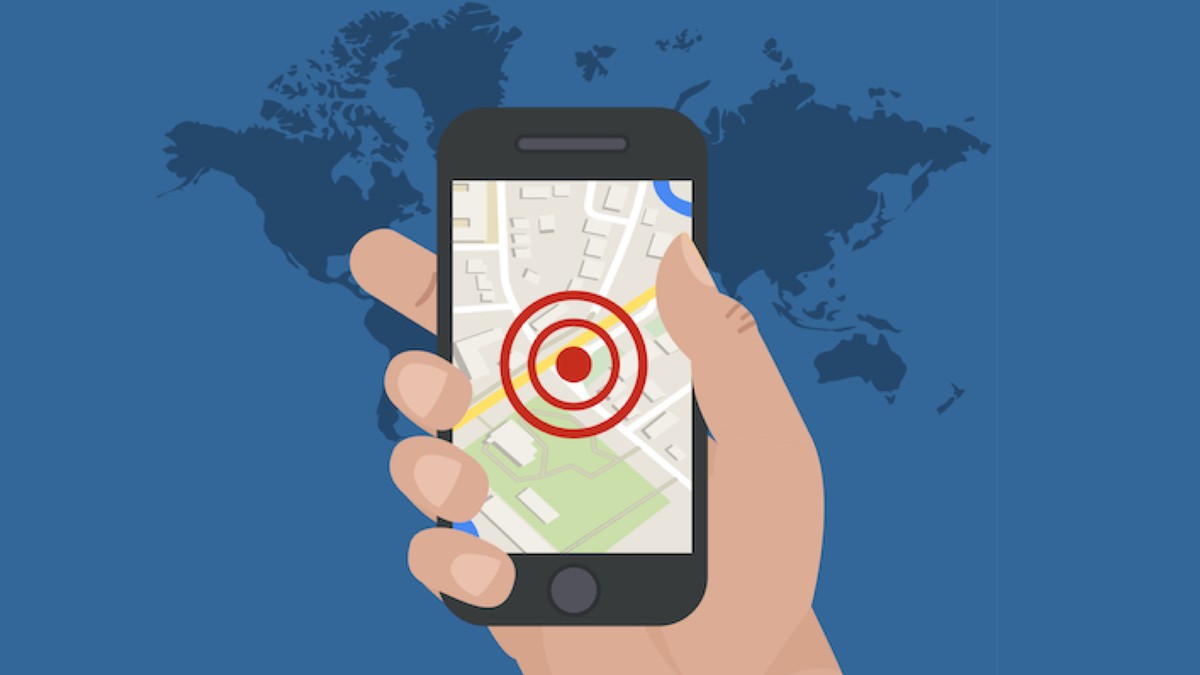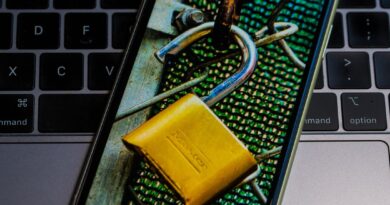Supreme Court Says Cops Need To Get A Warrant To Get Your Phone Location Data

The Supreme Court of the United States just scored a huge victory for digital privacy rights, ruling that cops need a warrant to access mobile phone location data held by telecom providers.
On Friday, in a much-anticipated decision, the Supreme Court reversed the ruling of two previous courts in the case of a series of Radio Shack robberies. The lower courts convicted Timothy Carpenter mostly on the basis of 12,898 location points that showed Carpenter’s movements over 127 days, and put him near four of the robbery locations. Those locations were obtained from Carpenter’s cell phone provider. At the time, the police got that location data with a simple court order, and not a more stringent, hard to obtain, warrant.
“Historical cell-site records present even greater privacy concerns than the GPS monitoring,” the Supreme Court justices wrote in their opinion, referring to the technical term to describe location data held by carrier and based on cellular base stations. “They give the Government near perfect surveillance and allow it to travel back in time to retrace a person’s whereabouts, subject only to the five-year retention policies of most wireless carriers. The Government contends that CSLI data is less precise than GPS information.”
Chief Justice John Roberts delivered the opinion of the court, which ruled in a 5-4 split in favor of Carpenter. Roberts justified it in part because despite the fact that, historically, data held by third parties (such as location data produced by connecting to cellular base stations) isn’t considered as protected as other personal data, phones are different. In other words, the notorious “third-party doctrine” does not apply to phone location data.
“We decline to grant the state unrestricted access to a wireless carrier’s database of physical location information. In light of the deeply revealing nature of [cell-site location information], its depth, breadth, and comprehensive reach, and the inescapable and automatic nature of its collection, the fact that such information is gathered by a third party does not make it any less deserving of Fourth Amendment protection,” Roberts wrote. “The Government’s acquisition of the cell-site records here was a search under that Amendment.”
Got a tip? You can contact this reporter securely on Signal at +1 917 257 1382, OTR chat at lorenzo@jabber.ccc.de, or email lorenzo@motherboard.tv
The ruling was cheered by privacy activists, who have fought for years to bring a case like this to the Supreme Court. Lower courts all over the country held conflicting rulings on the issue, and for years it seemed like it was inevitable that the Supreme Court would have to, one day, rule on whether authorities need a warrant to access historical phone location data held by carriers.
Amie Stepanovich, a lawyer and U.S. policy manager at non-profit Access Now, said that “Carpenter is a game-changer for privacy in the digital age.”
“The way information moves online continues to challenge our notions of what is public and private,” Stepanovich told Motherboard in an online chat. “This ruling is a great next step in the evolution of U.S. legal thinking on where people have a reasonable expectation of privacy, though we don’t expect it to be the end of the story.”
“This ruling is a landmark for privacy rights—and also for the freedoms of speech and association,” Alex Abdo, senior staff attorney at the Knight Institute, a civil liberties non-profit, said in a statement. “New technology has given the government the ability to construct a detailed chronicle of the movements of nearly every American for a period of years. Left unchecked, this kind of surveillance will deter the exercise of core democratic rights. Today’s ruling places important limits on the government’s surveillance power. Perhaps even more important, the ruling charts a course for the Court’s evaluation of the government’s use of other digital-age technologies.”
Sen. Ron Wyden, who is often an outspoken critic of government surveillance powers, also supported the Supreme Court ruling.
“Today’s ruling strikes a blow against the creeping expansion of government intrusion into the most personal parts of Americans’ lives,” Wyden said in a statement sent to reporters. “The court’s recognition that digital devices can generate ‘near-perfect surveillance’ of a person’s private life is a validation of the vital protections against unreasonable search and seizure provided by our Constitution.”
The decision will likely mark a before and after in the history of digital privacy in America.
“A person does not surrender all Fourth Amendment protection by venturing into the public sphere,” the Supreme Court ruled.
Get six of our favorite Motherboard stories every day by signing up for our newsletter.
READ MORE HERE



